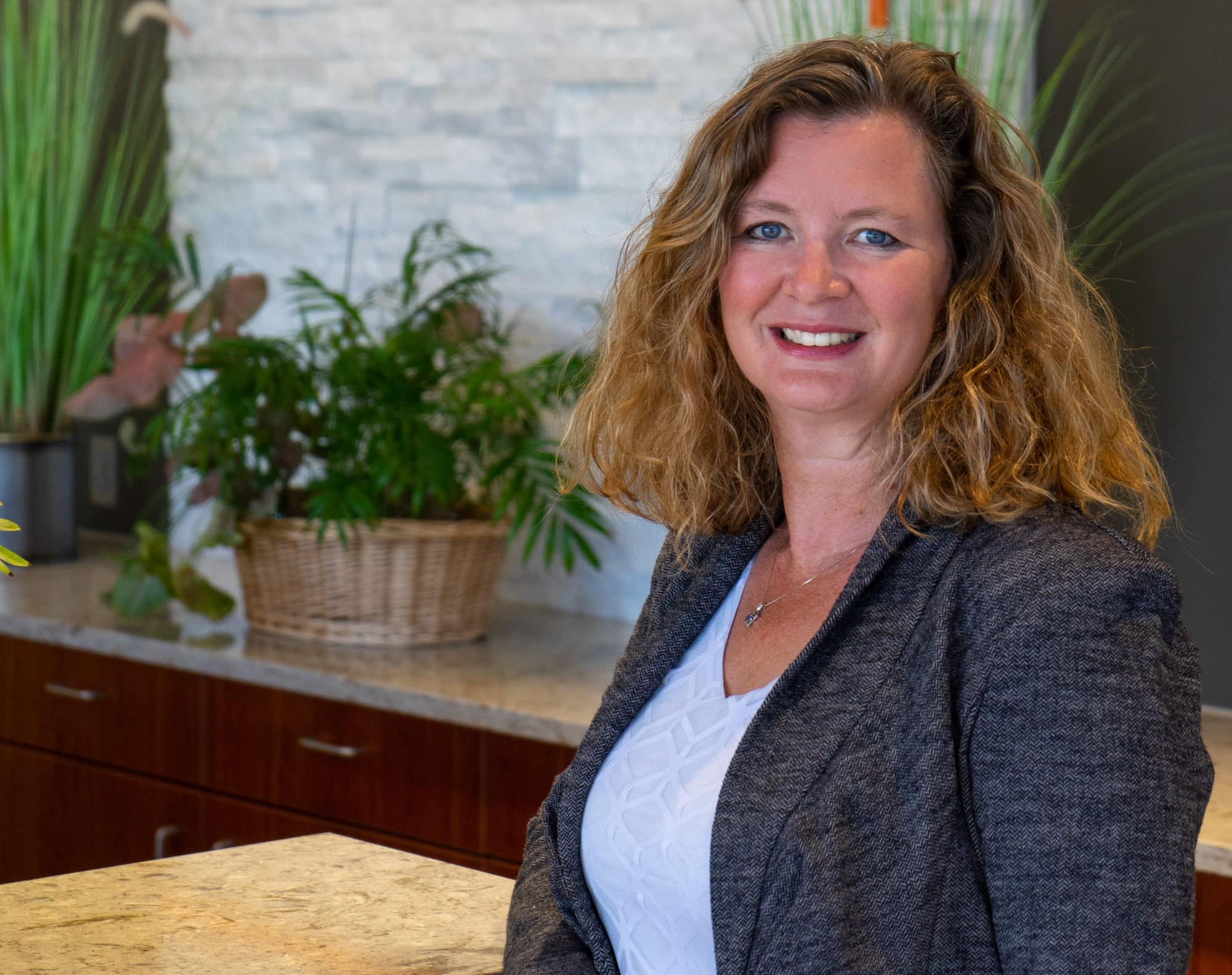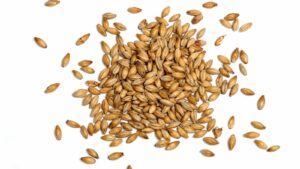Amanda Patin, key account manager for SGS, gives us the scoop on why seed testing is more than a regulatory requirement — it gives you the best possible product you could imagine.
Seed World (SW): Do you have a favorite podcast/radio show to listen to?
Amanda Patin (AP): I like Myths and Legends — it tells stories about folklore and fairytales that you might have known, like King Arthur, but it explains the history and facts behind the fictional story.
SW: Beer or Wine?
AP: None of the above! I like the smell of beer, but I don’t like the taste of it. But I like sweet wines, and then whiskey. There’s so much science that goes into the development of both.
SW: No. 1 Hobby?
AP: I have two favorites. One of them is watching my son play baseball. I’m glad I like watching it, because otherwise it could be grueling in the heat. I also like to watercolor. I like painting flowers, sceneries and animals; however, people are too difficult.
SW: Why do you think seed testing is imperative?
AP: There are so many factors involved in the seed and the biology of the seed. As we grow the seed, we have different factors that influence the seed development and the quality of the seed lot. Each seed experiences different temperatures, water levels, fungicides and microbes among many other things. In the end, we produce a product. But, we want to produce a product of quality. In that sense, you want to have proof that you have a quality product by making sure you test the product to ensure it doesn’t contain anything that you don’t want it to contain, that the seed meets your specific guidelines and that the seed has the vigor it requires for the conditions it will be planted into. To do this you must test your seed lot. Then you can decide when and where you’re going to place that product in your line. Or not!
For us, we’re providing a service to our clients. When we’re asked to look for something specific, we come back with unbiased results to say, “This is what you have, and this is what you’ve asked us to look for. Here’s our evaluation.” Seed testing is a regulatory requirement; however, results can also be used as a selling tool. It’s financial and a risk decision, and it’s an inventory management tool.
SW: What’s kept you at your job for so many years?
AP: I learn something every day! People have such interesting questions, and it really makes me think and explain more about seed physiology and environmental interaction. I also get to interact with others in the field to help determine solutions for the industry as a whole. The job requires such a wide range of knowledge, and I learn so much every single day. The results of seed testing affect so many, so it’s really fun to feel like you’re part of the bigger picture.













